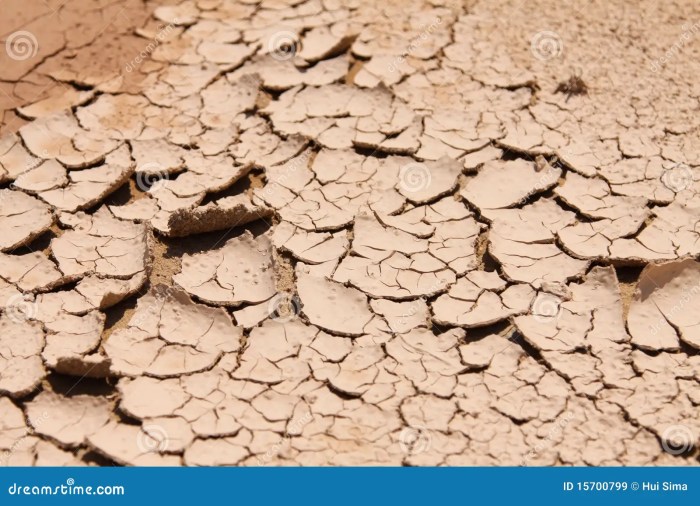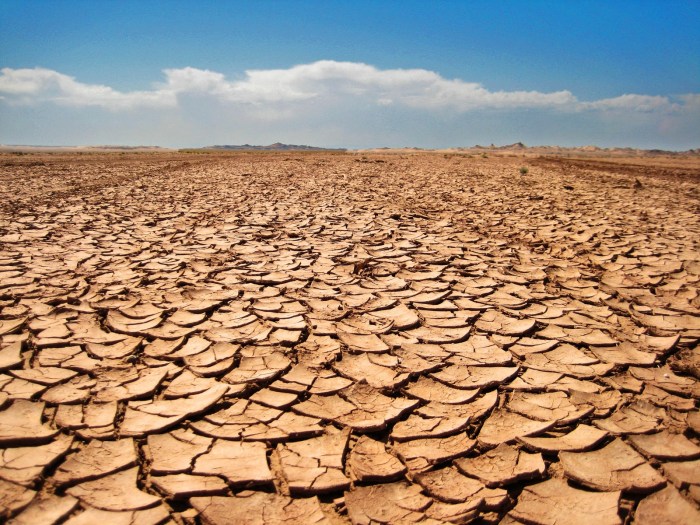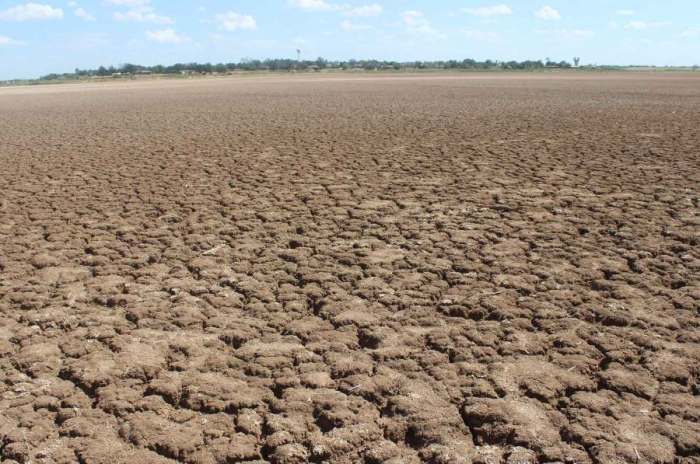Fossil is to extinction as puddle is to – Fossil fuel consumption, like the evaporation of a puddle, is leading our planet towards an alarming path of extinction. From the depletion of natural resources to the exacerbation of climate change, the consequences of our reliance on fossil fuels are dire and far-reaching, demanding immediate attention and decisive action.
The extraction and combustion of fossil fuels disrupt ecosystems, degrade air and water quality, and contribute significantly to greenhouse gas emissions, fueling global warming and extreme weather events. Moreover, fossil fuel pollution poses severe health risks, increasing the prevalence of respiratory and cardiovascular diseases, and even cancer.
Impact on Natural Environments
Fossil fuel consumption significantly impacts natural environments, contributing to the depletion of natural resources. Fossil fuel extraction disrupts ecosystems and biodiversity, leading to habitat destruction, species loss, and reduced biodiversity. Furthermore, fossil fuel use negatively affects air and water quality, releasing pollutants that contribute to smog, acid rain, and water contamination.
Climate Change and Extreme Weather Events

Fossil fuels are a major source of greenhouse gas emissions, which contribute to global warming and climate change. Fossil fuel combustion releases carbon dioxide, methane, and other greenhouse gases into the atmosphere, trapping heat and leading to rising global temperatures.
The increase in global temperatures results in more frequent and severe extreme weather events, such as heat waves, droughts, floods, and wildfires.
Public Health Consequences: Fossil Is To Extinction As Puddle Is To
Fossil fuel pollution poses significant risks to human health. Emissions from fossil fuel combustion contain particulate matter, sulfur dioxide, nitrogen oxides, and other pollutants that can cause respiratory and cardiovascular diseases. Exposure to fossil fuel pollutants has been linked to increased rates of asthma, bronchitis, heart disease, and stroke.
Additionally, fossil fuel combustion releases carcinogenic compounds that contribute to increased cancer rates.
Energy Security and Dependence

Reliance on fossil fuels has geopolitical implications. Countries that import fossil fuels are vulnerable to supply disruptions and price fluctuations, which can lead to conflicts and instability. The transition away from fossil fuels can enhance energy security and reduce dependence on foreign energy sources.
Technological Advancements and Innovation

Technological advancements offer solutions to replace fossil fuels and transition to a clean energy economy. Renewable energy sources such as solar, wind, and geothermal energy are becoming increasingly efficient and cost-effective. Emerging technologies like carbon capture and storage, hydrogen fuel cells, and electric vehicles have the potential to significantly reduce our reliance on fossil fuels.
Economic and Social Impacts
Fossil fuel dependence has significant economic and social consequences. The healthcare costs associated with fossil fuel pollution are substantial. Transitioning to a clean energy economy can create jobs, boost economic growth, and reduce healthcare expenses. Furthermore, fossil fuel use disproportionately impacts marginalized communities, highlighting the social equity implications of fossil fuel dependence.
User Queries
How does fossil fuel consumption contribute to the depletion of natural resources?
Fossil fuel extraction involves the removal of finite resources such as coal, oil, and gas from the Earth, leading to their gradual depletion.
What is the link between fossil fuel use and the increased frequency and severity of extreme weather events?
Fossil fuel combustion releases greenhouse gases that trap heat in the atmosphere, causing global warming and leading to more frequent and intense storms, heatwaves, droughts, and floods.
How does fossil fuel pollution contribute to respiratory and cardiovascular diseases?
Fossil fuel emissions release harmful pollutants such as particulate matter and nitrogen oxides into the air, which can irritate and damage the lungs and cardiovascular system.
